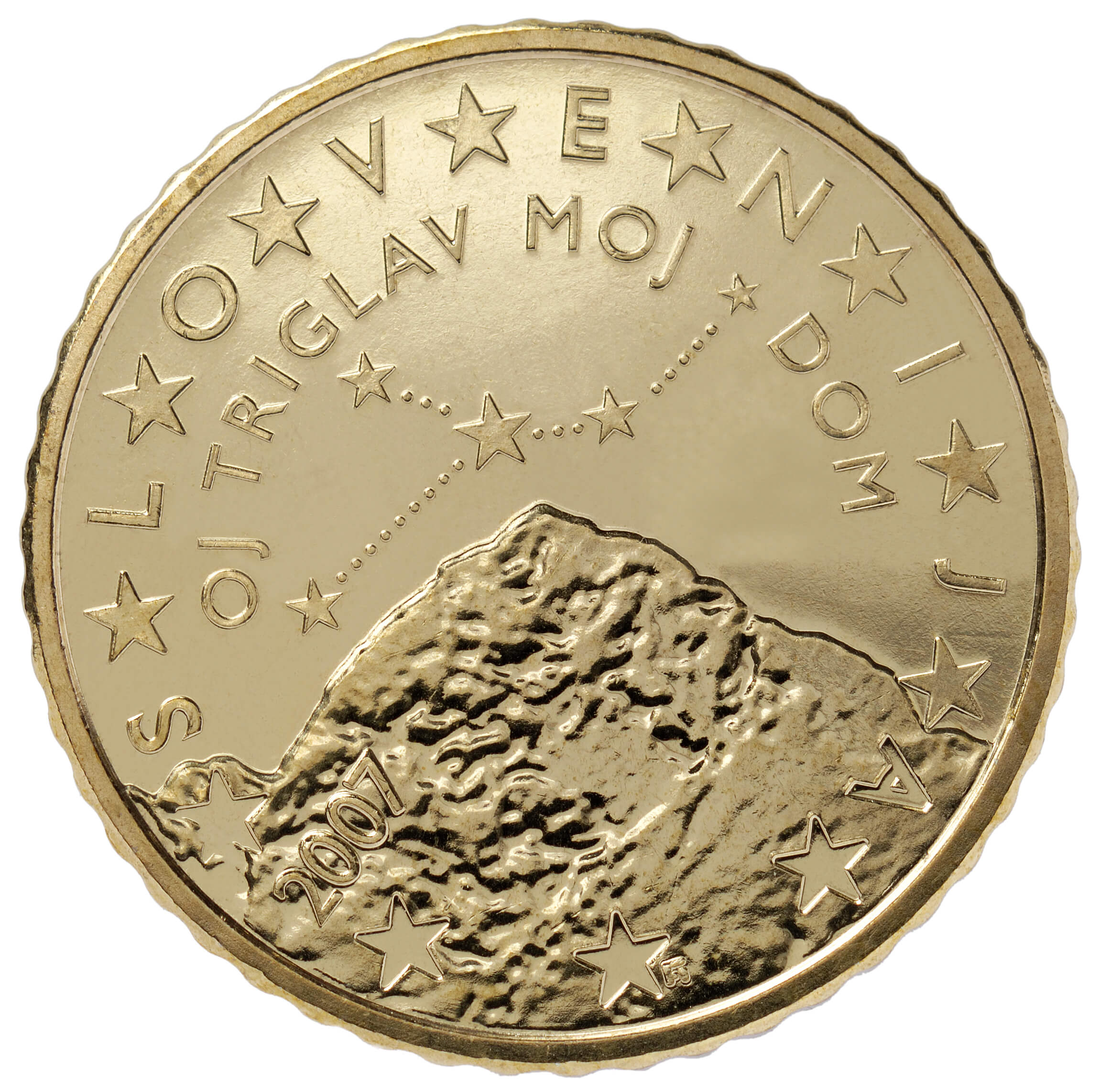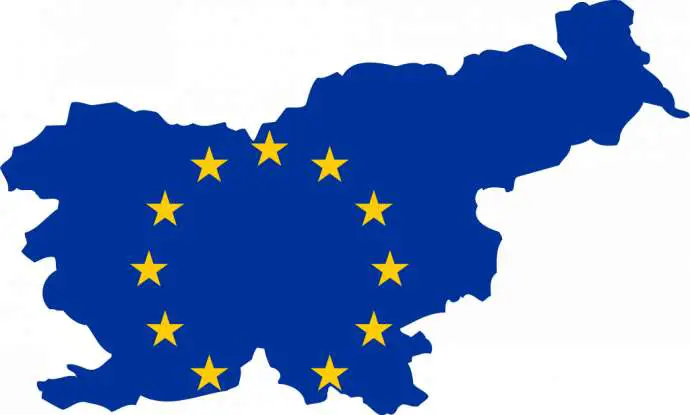STA, 6 February 2020 - Meeting EU Council President Charles Michel on Friday, outgoing Prime Minister Marjan Šarec will highlight Slovenia's key priorities regarding the EU 2021-2027 budget, including cohesion policy, the situation in the Western Slovenia cohesion region and funds for rural development.
As the EU leaders are in the process of hammering out the bloc's next long-term budget, the EU Council president is meeting as many as 16 of them this week.
After wrapping up all the bilateral meetings, Michel will draw up a new compromise proposal replacing the Finnish presidency's document, which failed to meet any expectations.
What will follow is an emergency meeting of ministers in charge of EU affairs on 17 February, with a special budget summit starting on 20 February.
The latter will mark the first actual time the EU leaders will discuss the next long-term budget even though the EU Commission presented its proposal as early as in May 2018.
Rumour has it that Michel plans to coop the leaders up until they reach an agreement even if that takes days. Other unofficial sources state that he will not keep at it if hours-long negotiations do not prove fruitful.
It will be easier though to predict possible outcomes after the compromise proposal is presented. However, currently it is believed that a final agreement will not be reached as early as in February.
Given how budget talks went in the past, at least a couple of summits are usually needed for the member states to agree on a next long-term budget.
Budget negotiations always serve as an opportunity for the largest EU net contributors, striving for the smallest possible budget, and net beneficiaries, opposing any cuts to cohesion funds, to fight it out.
This time around though, the differences are the most profound so far, with Brexit looming over the negotiations.

Interested in Slovenia's euro coins? Check out Slovenia in Your Pocket: Coins that Celebrate the Culture
Following the UK leaving the EU, the remaining major net contributors, Germany, Sweden, Denmark, Austria and the Netherlands, labelled the frugal five, are determined that the budget should equal 1% of EU 27 gross national income (GNI), which is the traditional budget volume.
Meanwhile, the so-called cohesion countries call for at least 1.11% of GNI, a solution proposed by the EU Commission in 2018. The EU Parliament proposes the figure to be even stronger - 1.3% of GNI.
At the end of last year, Finland's Presidency proposed the budget to amount to 1.07% of GNI or EUR 48 billion less than the EU Commission-proposed sum, envisaging cuts to cohesion and agriculture funds. The Finnish proposal has been deemed impossible to implement, but it will be used as one of the starting points for further negotiations.
Slovenia supports the EU Commission-proposed budget in theory, with the country's top priorities being cohesion funds, the smallest possible cuts to the funds for the more developed of Slovenia's two cohesion regions, Western Slovenia, and to the rural development funds.
Taking into account the EU Commission's proposal, Slovenia is set to get EUR 3.1 billion in cohesion funds.
In December, Šarec labelled the Finnish presidency's proposal extremely bad for Slovenia, saying that it would reduce cohesion funds by 28% compared to the current multi-annual EU budget. It would thus put Slovenia among those countries which would suffer the greatest loss.
Slovenia is also urging that no country would lose more than 40% of funds given the current financial framework, thus trying to maintain the status of the more developed Western Slovenia region.
The country welcomed the Finnish proposal's rural development policy though, since it envisages a significant increase in relevant funds - by EUR 10 billion.
Moreover, in December, Šarec pointed out in Brussels that pursuing the 2050 climate neutrality target should not be done at the expense of cohesion policy.
Following a recent ministerial meeting about the green deal, the Finance Ministry said that a number of countries were reluctant about moving funds from cohesion and agriculture programmes into green investments.






